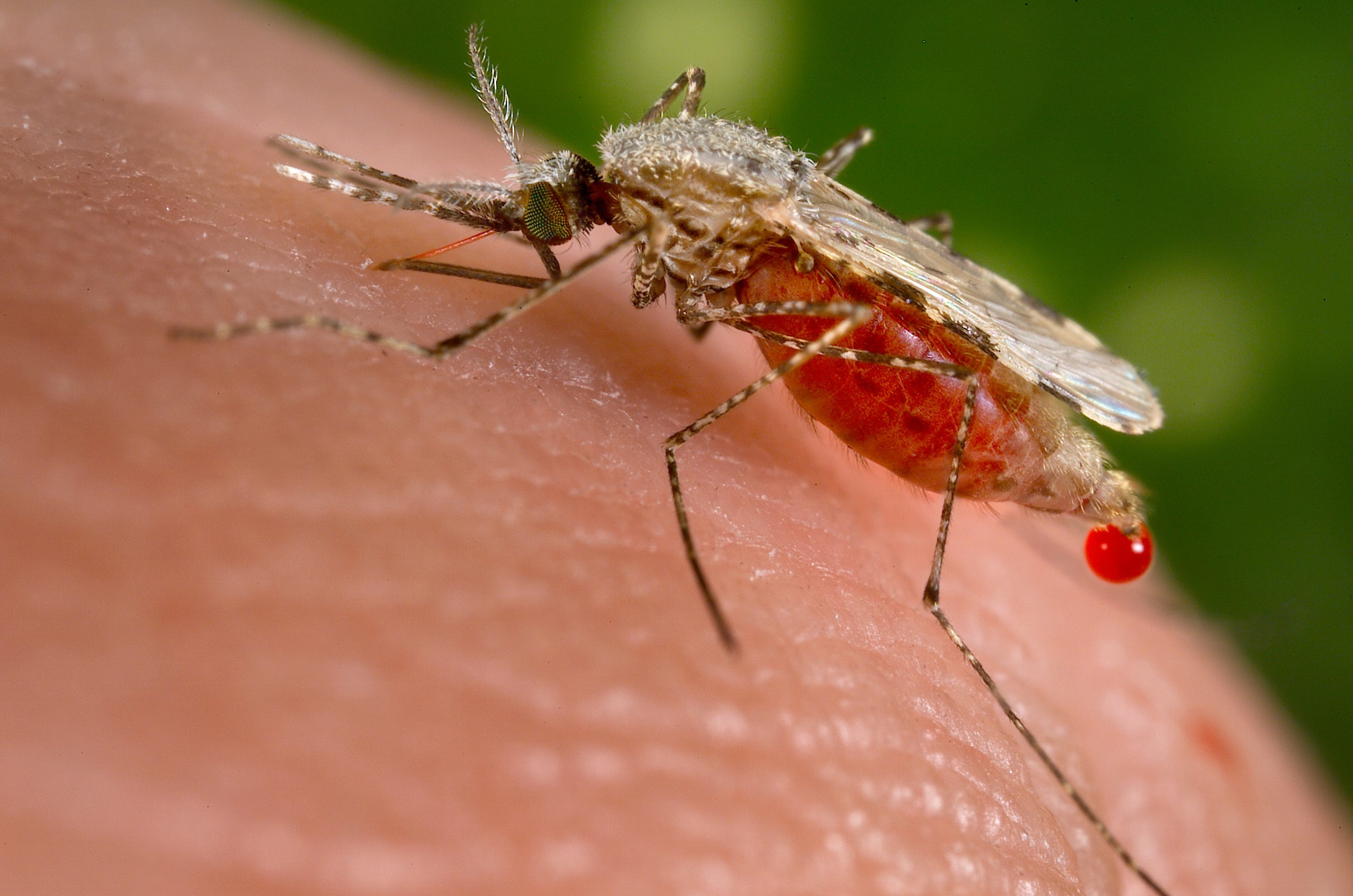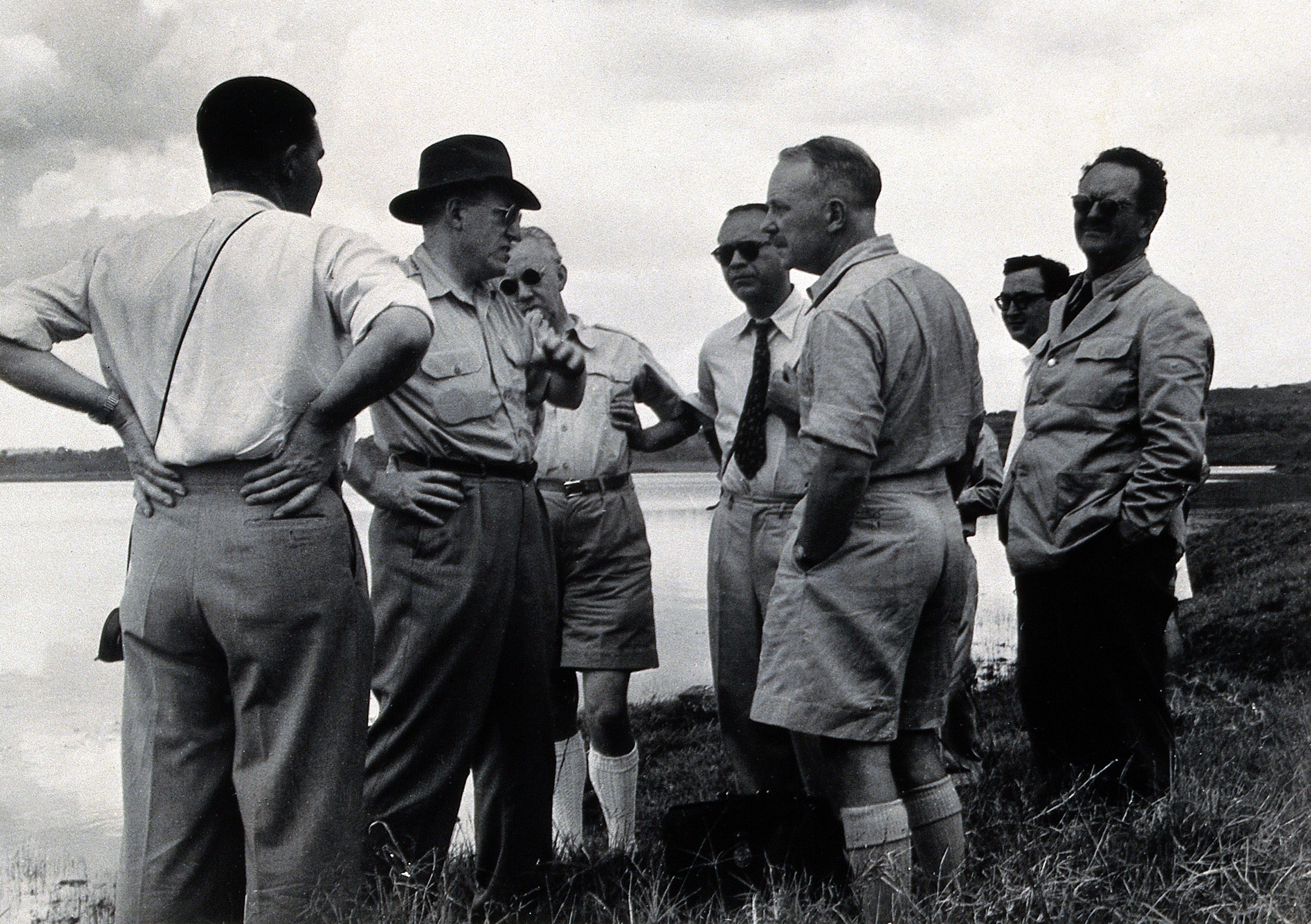How Algeria and Argentina Became Officially Malaria-Free
Public health officials hope the success can be replicated.

It was 1951 before the United States declared itself malaria-free, according to the Centers for Disease Control and Prevention. And since 1955, the World Health Organization (WHO) has had the worldwide eradication of the parasitic disease as a stated goal. There has been great progress—more than 60 countries or territories with at least some malaria risk have now been declared free of the deadly mosquito-borne disease. While risk remains high in many of the world’s warmest latitudes, two countries have now joined the ranks of those that have wiped it out.
The WHO has officially declared Algeria and Argentina are completely free of malaria, following three consecutive years with no new cases. It is an exciting example for health officials about the future possibilities for countries with more stubborn malaria problems, in part because the effort didn’t require the recently tested malaria vaccine.
Algeria plays a special role in the history of our understanding of the disease, since that’s where the malaria parasite was first identified by physicians in 1880, and because Africa remains the place where the disease claims the most lives. Algeria and Argentina were able to rid themselves of malaria with tested techniques that other countries have used: insecticide-treated mosquito nets, surveillance measures designed to identify new cases of malaria quickly, and universal malaria diagnosis and treatment. Argentina also closely monitored its border with Bolivia to ensure that the parasite wasn’t exchanged either direction; together, the countries sprayed more than 22,000 homes along their border. The disease remains pervasive in sub-Saharan Africa, where a pilot program recently distributed 360,000 doses of a newly approved vaccine to children in Ghana, Kenya, and Malawi. The treatment has a low success rate by vaccine standards, but may help protect vulnerable populations and lead to more lasting disease control.

“It is very good news for Algeria and Argentina, but also for the two continents and globally also,” WHO spokeswoman Fadela Chaib said in a statement. “It means that malaria can be beaten. But the efforts should continue because we need also to enhance surveillance to be able to detect if any cases of malaria are still present in the country.” Algeria’s last reported native malaria transmission was in 2013 and Argentina’s in 2010. According to WHO, both countries are the second on their respective continents to beat the disease.
Besides saving lives, the designation will have ancillary benefits. According to Abdourahmane Diallo, head of the Roll Back Malaria (RBM) Partnership to End Malaria, “Malaria-free status provides external economic benefits … enabling them to free up resources to address other health and development priorities and improve worker productivity and school attendance.” It’s a benefit that officials and others want to be able to extend to more and more countries in Africa and South America.














Follow us on Twitter to get the latest on the world's hidden wonders.
Like us on Facebook to get the latest on the world's hidden wonders.
Follow us on Twitter Like us on Facebook